Can Florence Welch's new lyric book add something to the genre?
The singer-songwriter of Florence and the Machine is to publish a book featuring poems, artwork and lyrics, following hot on the heels of Faber’s book of Scott Walker’s lyrics, but does seeing lines in book form elevate them to a higher art?
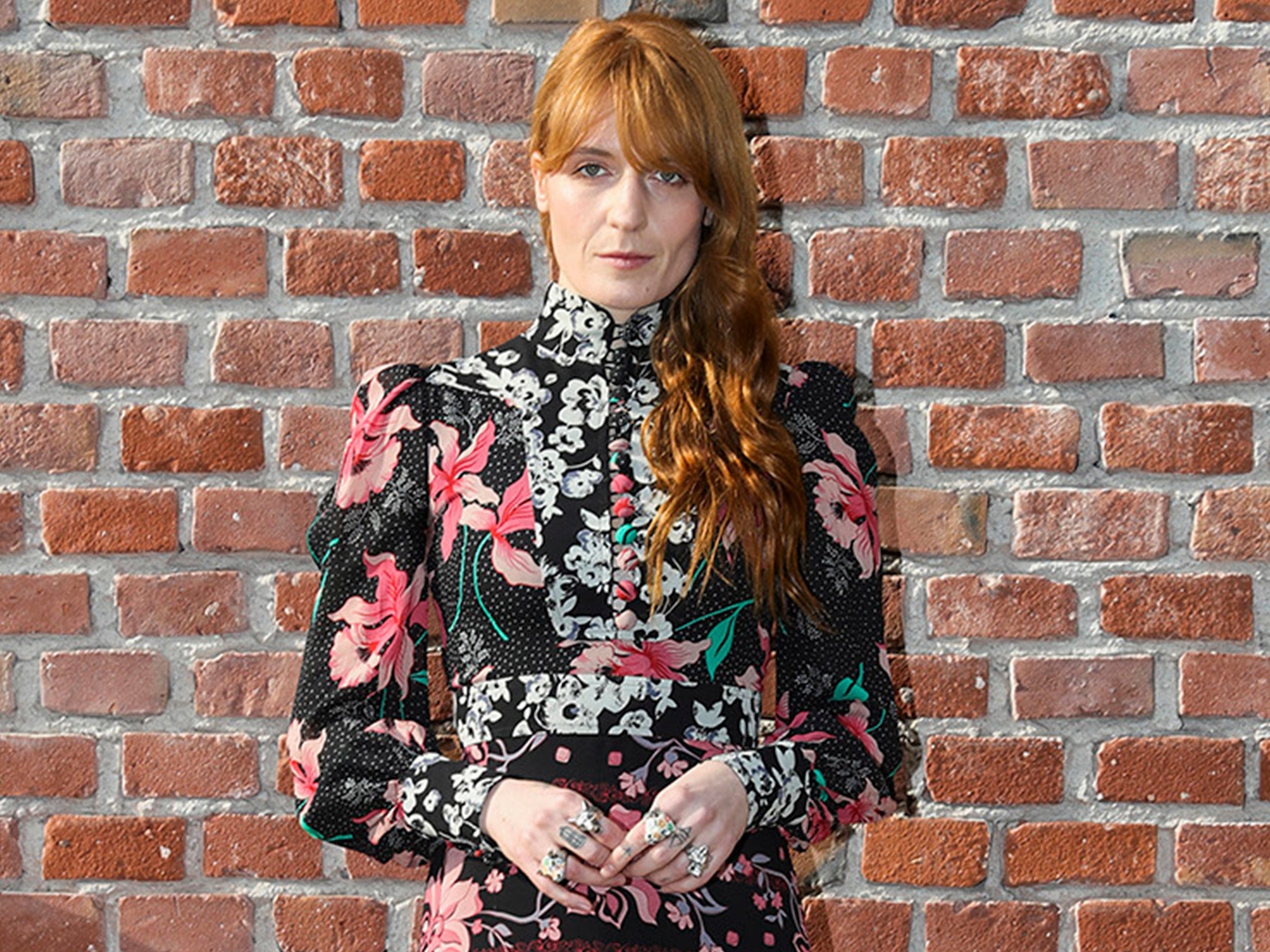
This past 12 months, the most powerful exhibit I have witnessed has been Ian Curtis’s handwritten lyrics for Joy Division’s “Love Will Tear Us Apart”, a highlight of Manchester Art Gallery’s True Faith exhibition of art related to or inspired by the Manchester post-punk greats and New Order, the group formed after his death.
Even though the bleak words were as familiar as any, those scrawled lines viscerally brought home the pain the writer felt as he faced up to his struggling marriage. Even if we know favourite songs backwards or obsess over favourite writers’ every lines, seeing them in unfamiliar formats can still augment their power.
This summer, Florence Welch is to reframe her own creativity with the publication of Useless Magic, a compendium of lyrics, art and – for the first time – her poetry. Illustrations come from the copper-haired star’s sketchbooks, a reminder that before she came to fame as Florence and The Machine, Welch was a student at Camberwell College of Arts, albeit for 18 months, connecting with south London’s buzzing DIY gig and squat party scene before dropping out to pursue her own musical journey.
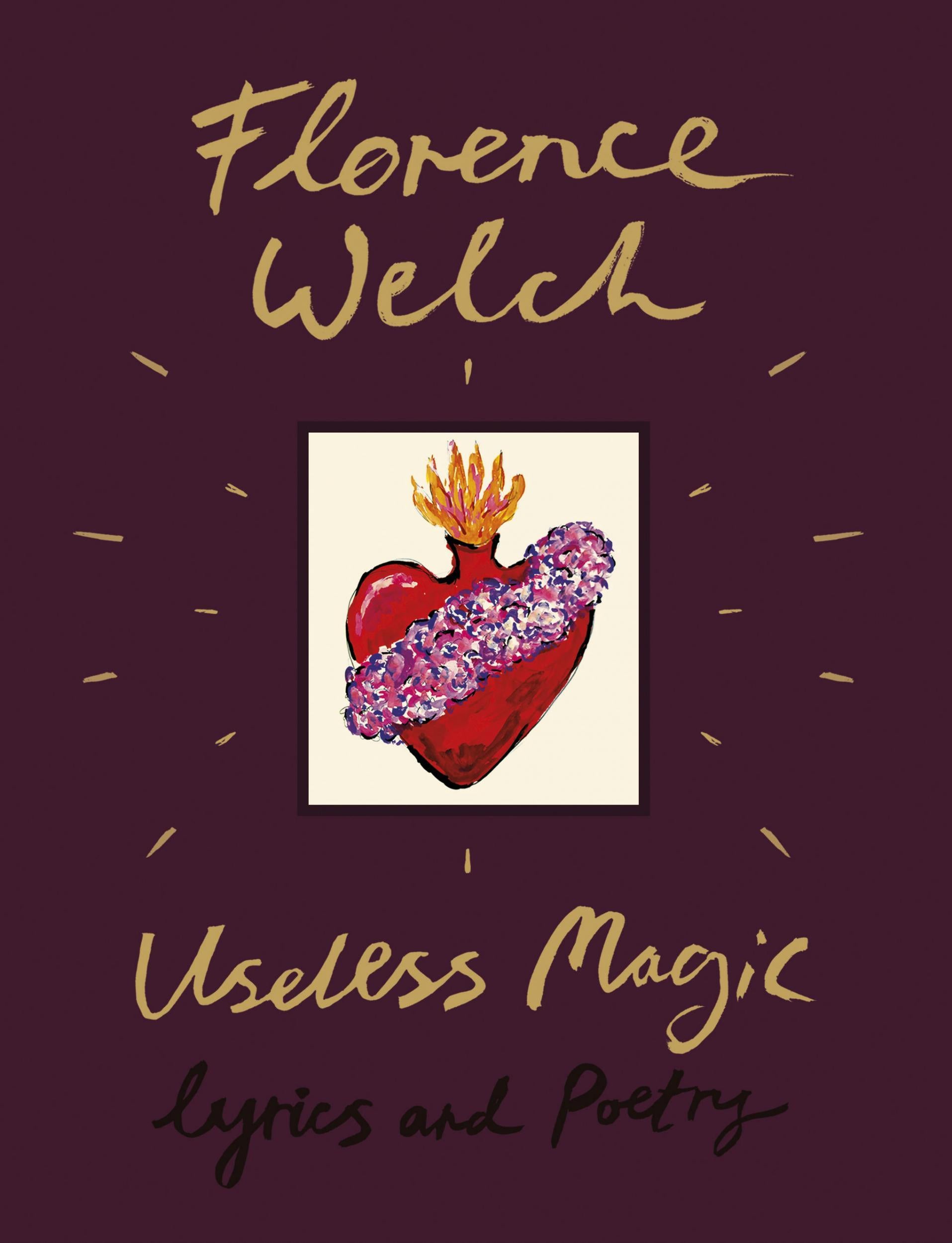
With speculation growing that Welch is due to finally unveil the follow-up to 2015’s number one album How Big, How Blue, How Beautiful – she was working on new material last year and has since announced a couple of festival dates for this summer – Useless Magic could provide a link back to anarchic art-pop roots for an artist trusted to headline Glastonbury’s Pyramid Stage in lieu of Foo Fighters. Her reliance on notebooks has been well documented, with privileged interviewers allowed to view the sheets this exuberant performer has filled with drawings and words, often in felt-tip, evidence of a fecund visual imagination.
Welch’s debut book should certainly be more colourful than the current crop of lyric books, the latest of which is Sundog, an austere set curated by reclusive artist Scott Walker. He joins a select group of artists celebrated in this way, among them Bob Dylan, whose The Lyrics first came out in the mid-Eighties, notable for the Nobel Prize winner’s propensity for making changes to his own canon, and was last updated in 2012.
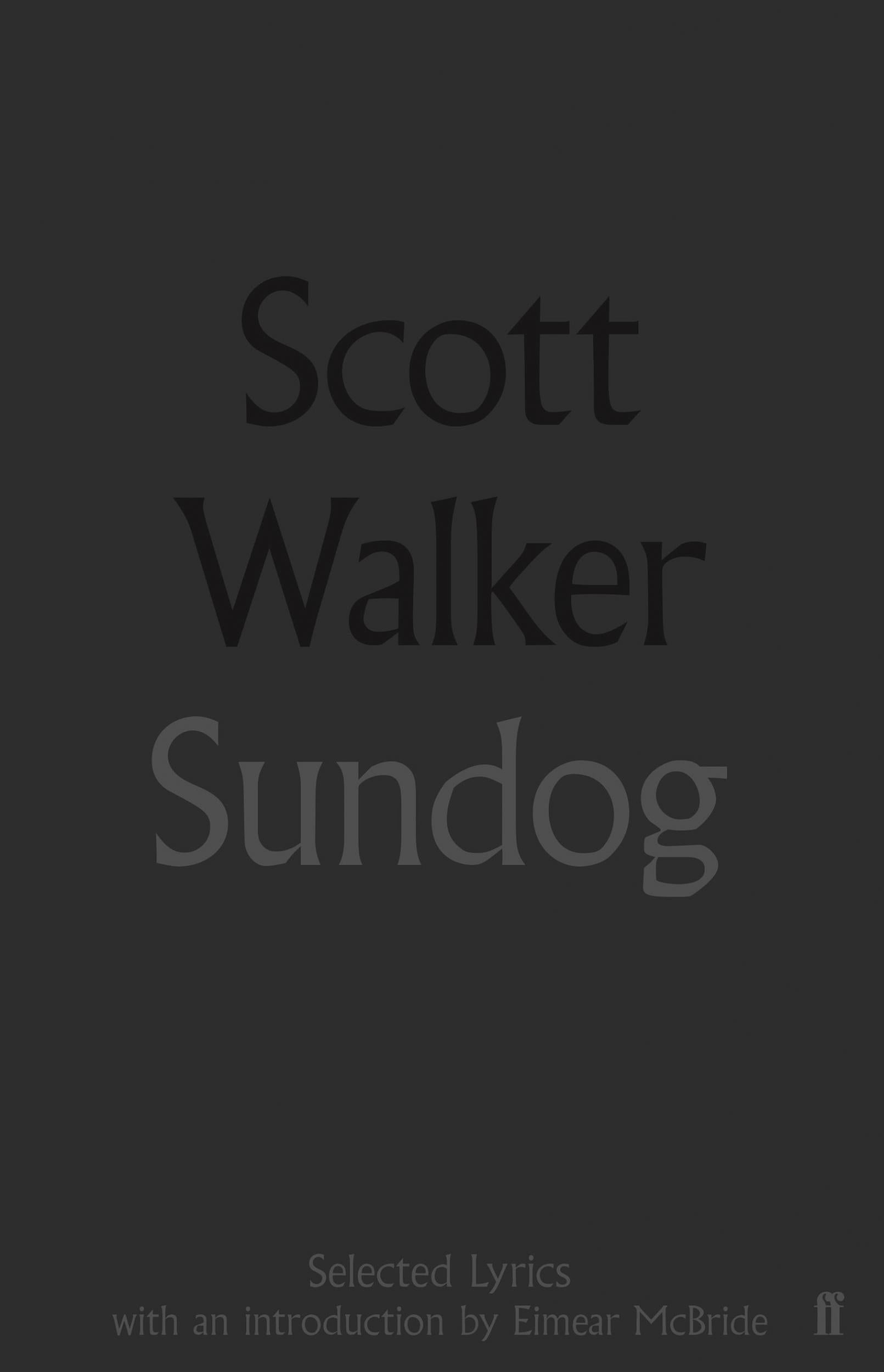
Likewise, Lou Reed has been honoured by the more playful Pass Thru Fire, which uses typography and visual effects, including what appear to be teardrops on the page, to make up the inert nature of verses divorced from music. Walker, who has chosen the songs depicted in his collection, has gone for a straighter design, with a few lines twisting or falling down the page. He certainly avoids any explanation beyond those already found in existing sleevenotes. Also notable is how Walker focuses more on recent material rather than his Sixties heyday, even including unreleased songs from the past couple of years.
Still, this remains a coup for Faber and Faber, who are building up an intriguing series of Selected Lyrics with help from editor-at-large Jarvis Cocker, Faber Social’s creative director Lee Brackstone explains. “We discussed it some time ago – Walker’s lyrics work is literary, they work on the page away from the music; but it is often the case the artist gets into the idea, but they are recording an album or touring. Eventually, we were contacted direct by Scott’s manager, who said Scott wanted to do it himself.”
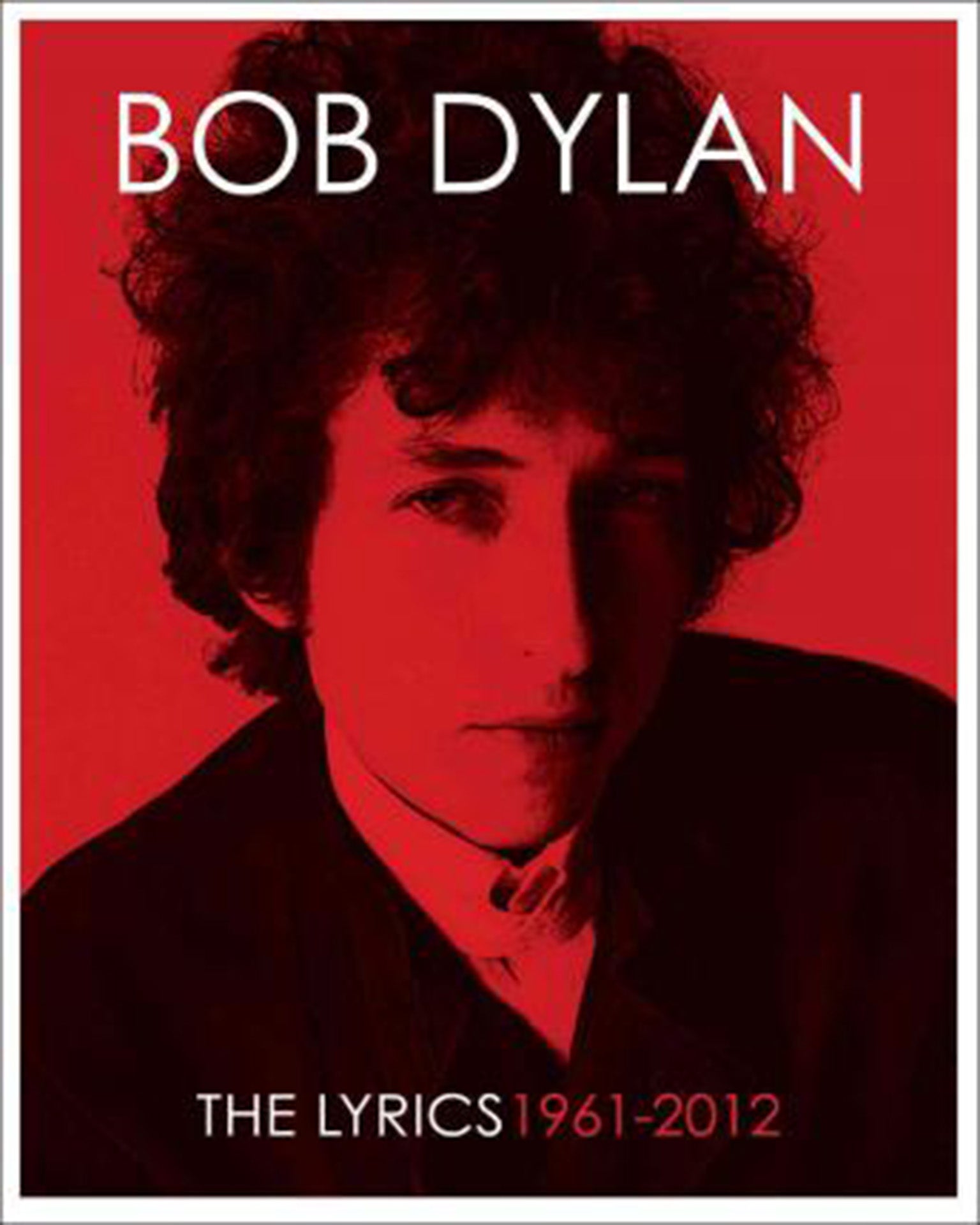
Faber first joined the fray in the Eighties with Poguetry: The Lyrics of Shane MacGowan, an illustrated work dedicated to The Pogues frontman’s songwriting, though the concept only took off with the success of Mother, Brother, Lover, a collection of lyrics written and selected by Cocker, published in 2011. Its title came from the preponderance of those rhymes in the Pulp founder’s work that covered a couple of decades before belated group and solo success. Cocker applied his wit to extensive notes and an introduction that suggested the concept might not be a great idea, though the book sold well enough for Faber to use it as a template for a series of similar works.
In 2014, Billy Bragg’s A Lover Sings again came with copious background on his lyrical inspiration, while in the next year’s Lit Up Inside, Van Morrison was happy for his original words to do the talking, along with a foreword from Scottish author Ian Rankin. Perhaps the best received example so far was also published in 2015, So This Is Permanence, a set of writings by Curtis, edited by music writer Jon Savage and accompanied by an introduction by the singer’s ex-wife, Deborah. For this handsome artefact, each song was printed to face relevant pages from his notebooks.
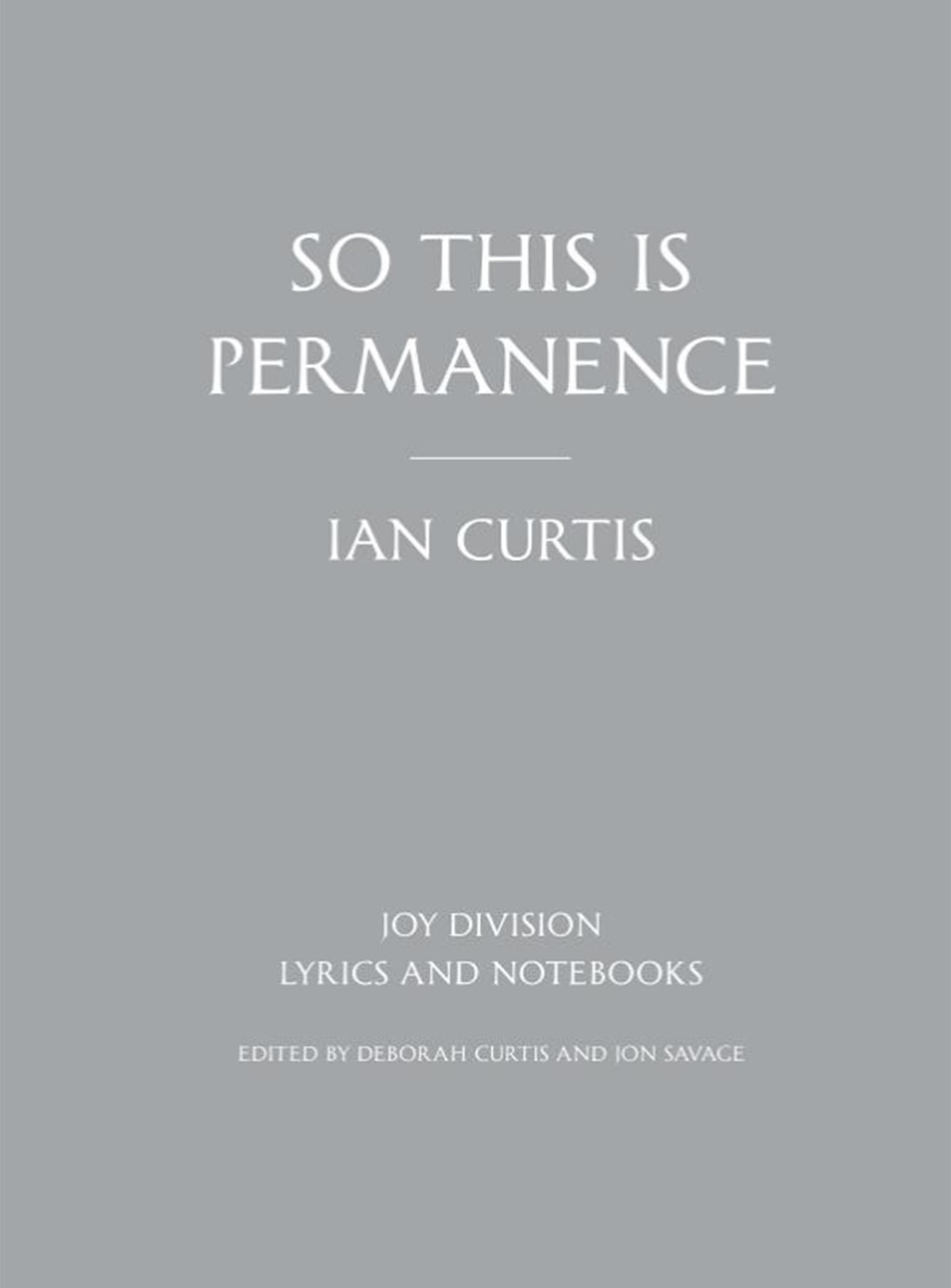
Further editions in the series are due this year, from a more happy-go-lucky Mancunian, Happy Mondays’ frontman Shaun Ryder, and in 2019 from the American veteran wordsmith of Wilco fame, Jeff Tweedy, plus, Brackstone promises “we are close to having something for Christmas by a very well known artist”. We are clearly living at a time of reaction against digital media, whether ebooks or downloaded music, though it seems strange that lyrics should be made available in fine hardbacks when they are readily accessible online. “People want to feel a more intimate connection with artists; these are collectors and superfans,” Brackstone explains. “There’s an authority that comes with these volumes and people want stuff on their bookshelves from artists they love.”
No one involved in the project claims that lyrics are a type of poetry, though Brackstone genuinely believes they are a literary form worthy of as much respect as works by Eliot or Auden, something the Nobel judges agreed with when they awarded Dylan with his prize for literature. “Especially for a publisher like Faber, we’re making a statement about lyrics as a literary art form, one of the great late 20th century art forms. Dylan’s prize caused incredible controversy that I couldn’t understand at all. When you abstract the lyrics from their musical context, you see different things.”

Welch’s arrival partly makes up for Faber’s glaring admission so far – no female protagonists – something the Faber editor is keen to address. “There’s no dodging that one – we are conscious of it and have been working to get the balance right. For several years now we’ve been trying to and struggling to make contact with Kate Bush...” Another possible coup for a series that has already given us several surprises.
‘Sundog: Selected Lyrics’ by Scott Walker is out now via Faber and Faber; ‘Useless Magic’ by Florence Welch is published 5 July by Fig Tree/Penguin
Join our commenting forum
Join thought-provoking conversations, follow other Independent readers and see their replies
Comments
Bookmark popover
Removed from bookmarks